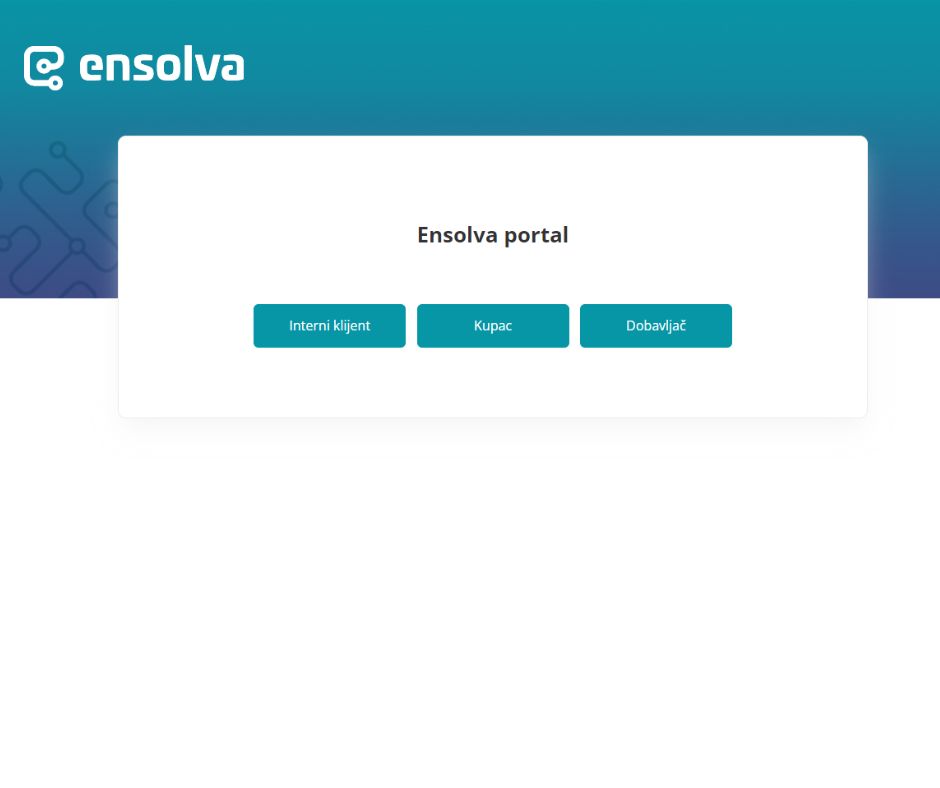Sustainability is a hot topic in business and society, especially since this year when major changes are being introduced in this regard. The European Union introduced the Corporate Sustainability Reporting Directive (CSRD) with the aim of achieving more transparency, consistency and a better comparison of sustainability among European corporations. In this blog we explore what CSRD means for the business world and sustainability with a focus on procurement and how it will affect corporate reporting.
What is the objective of the Corporate Sustainability Reporting Directive?
The Corporate Sustainability Reporting Directive, or CSRD for short, aims to improve corporate reporting on their sustainable practices. This directive extends the obligation to report on non-financial information to the broader area of corporate sustainability, thus extending to aspects of ecology, social and human rights, and the fight against corruption. The main goal of everything is to raise awareness of the impact of business on the aforementioned aspects and to generally increase transparency and sustainability practices.
What will change with the introduction of this Directive and what are the advantages?
This Directive will start to apply to medium and large corporations based in the EU, they will have to provide detailed information about their sustainable practices. The reports will be submitted in digital format, which facilitates data access and analysis, and will be audited to confirm their credibility and reliability. The directive will increase business transparency and better understanding of corporate practices. Clearer sustainability reporting will help corporations better manage environmental, social and governance risks. More consistent reporting will allow better comparability between different corporations. Although CSRD brings a number of benefits, corporations will face implementation challenges. It is necessary to invest resources in data collection, digitization of reporting and possibly auditing.
How will CSRD affect procurement?
Procurement is a key business function that can significantly affect sustainability, and CSRD will additionally emphasize the importance of integrating sustainability into procurement processes. CSRD requires detailed reporting on sustainability, which includes data from the area of procurement. It will be essential to collect and share information about supplier sustainability, and this will become a key factor in supplier selection. This will encourage suppliers to adapt to sustainable standards.
CSRD will provide a better understanding of risks in supply chains, i.e. companies will accordingly improve their risk management strategies and develop better plans for dealing with potential problems. It will encourage the integration of sustainability into its procurement processes and encourage companies to condition sustainability in bids, to evaluate and audit suppliers based on their sustainable practices. This Directive will in fact completely change the way corporations approach procurement, putting sustainability at the heart of their business.
This Directive will lead to a more transparent, responsible and sustainable business. It will encourage more sustainable practices that will have a positive impact on the environment, society and economy. As companies adapt to these changes, we expect this to become a key driver of change towards a better future.



